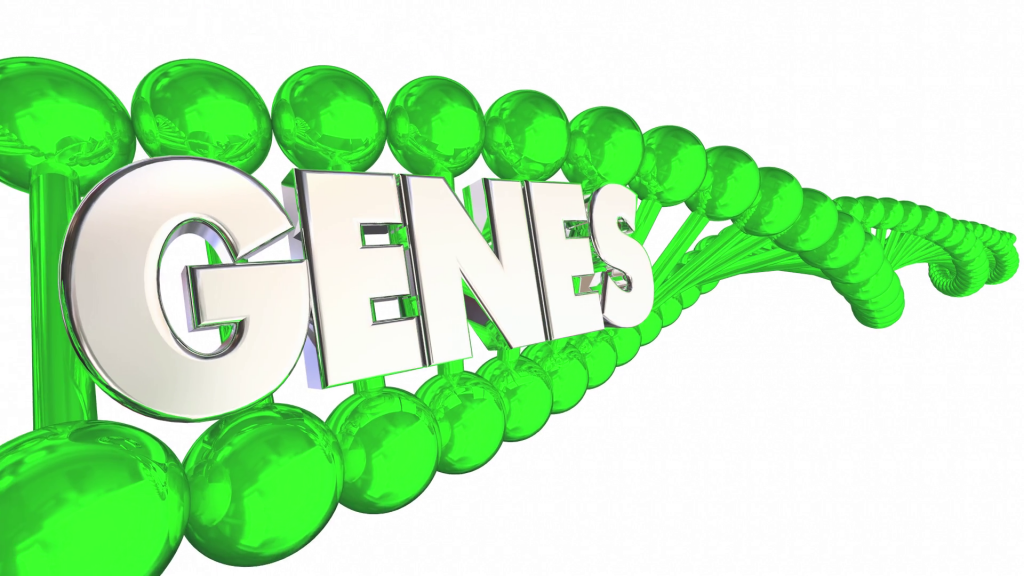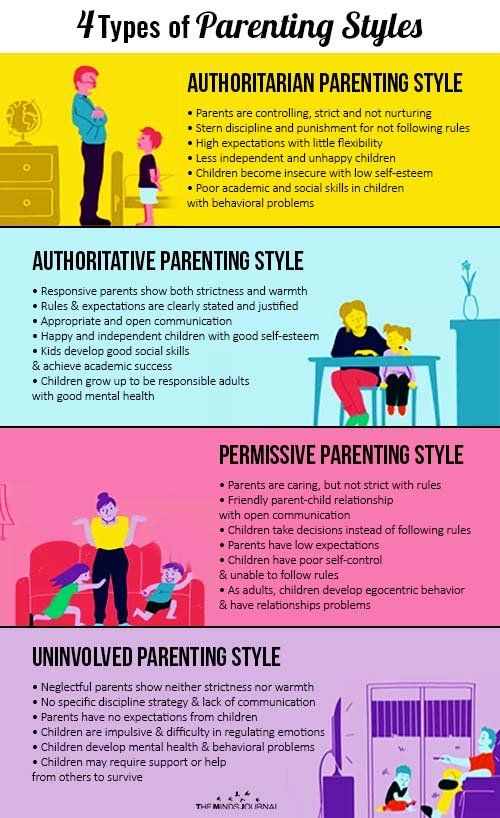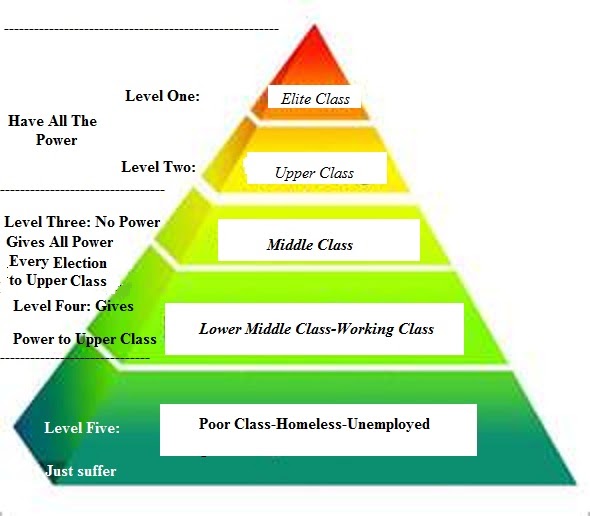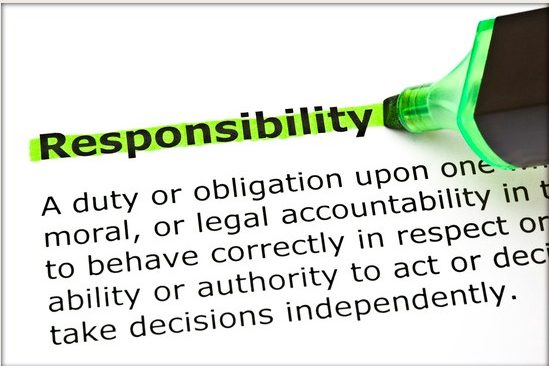Responsibility: comes from two words “ability” and “response”.It literally means “ability to respond.”
In this reflection, two questions come to play:
Where do we get this ability? To what do we respond?
In answer to the first question, the human person has the following faculties:
Physical:
This entails our genetical composition, gender, age, and even strength. 
From our parents, we inherit a genetical composition that permits us to be good or poor in carrying out various tasks.
A child may inherit an athletic ability allowing him/her to be better placed towards related activities.
A toddler’s ability to move may not be as agile as that of an adolescent; a male youth may have more arm-strength than a female youth.
These physical realities determine our ability.
Social:
The initial upbringing that we get (nurture) from primary care-givers is significant. It forms the way we relate to others.
We learn to communicate, including choice of diction, intonation, and even tempo.  We also learn the mannerisms and the nonverbal that we use to express ourselves.
We also learn the mannerisms and the nonverbal that we use to express ourselves.
In this setup, we learn to relate to persons of the same gender and those of a different one.
We also learn to interact with persons of different ages and even of different ethnic and racial backgrounds.
From an early age, we have a set way of relating to other human beings and this determine our ability. In this text, the social is taken to incorporate the cultural.
This is because within the social, the family, the core unit within a cultural community, is factored in.
Psychological:
This arena brings to play the cognitive (thinking), the behavioural (actions), as well as the emotional (how we feel).
As we grow and interact at the family level and later at school (the two primary fields of interaction), our thought processes get formed.
The environment within which we are born and grow determines our perception and hence our formation of mind pictures (frames).
These inform what we know. This knowledge is what we code into words, that we in-turn communicate to others.
Over 75% of this communication is through actions, which when repeated become, behaviour and subsequent character. Our knowledge, informing our actions, and eliciting re-actions from others, generates emotions within us.
Dominant among them are happiness and anger (energy giving), fear and sadness (energy draining). How the emotions influence our behaviour and interactions, and how it is in-turn influenced by the behaviour from others and interactions, determines to a large extent our emotional intelligence.
The cognitive, behavioural and emotional we, contribute towards our ability.
Spiritual:
Questions such as where we were before birth, and where we shall be after death, call for spiritual responses. Happenings that are beyond our perception and comprehension leave us in a darkness that only the spiritual faculties can resolve.
This appeals to our awareness, acceptance, and relationship with the Supreme Being. It is an acknowledgment that there is a Higher Power.
How we express this awareness and relationship within a structured human institution, is what is called religion.
Spirituality hence, informs our ability.
Economic:
This part of us also plays a role. Though quite external, it is significant in that it determines the housing, the dressing, the food and also the quality of education that an individual gets. This is increasingly evident in poor nations. Through economic ability, the family is also able to access specific leisure activities including travelling. These factors add to the individual’s awareness and exposure. They in turn influence one’s physical (access to health and to nutrition), and social (with whom and how we interact).

Our economic status also influences our ways of thinking; struggles to basic needs influence our thinking patterns, and at times our relationships with self, with others and with the Higher Power.
The economic component is therefore, a significant part of the human person.
This part has addressed the sources of human ability. From nature (genetical composition) to nurture (upbringing), and through interactions with human and non-human environment, we become.
We are as effective as our abilities.



A good one ….keep them comming